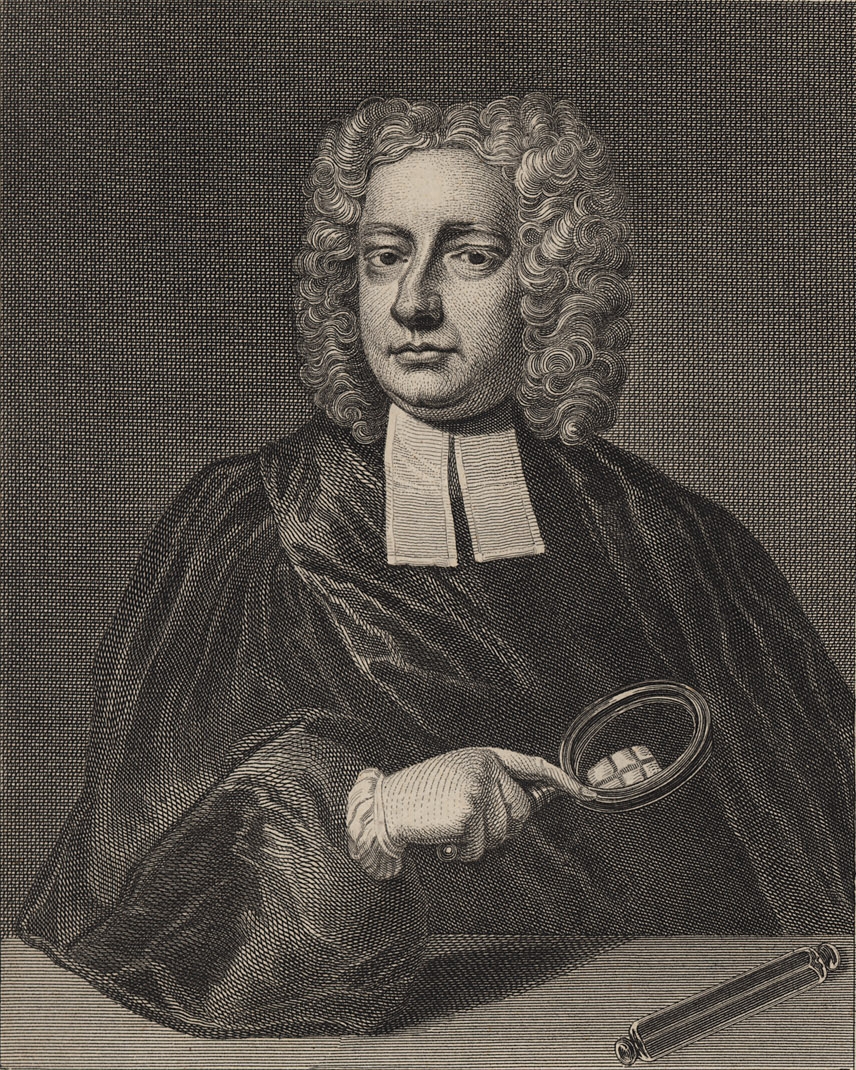Fuente: Course of Experimental Philosophy, 1745, p. vi: Preface
Contexto: It is to Sir Isaac Newton's Application of Geometry to Philosophy, that we owe the routing of this Army of Goths and Vandals in the philosophical World; which he has enriched with more and greater Discoveries, than all the Philosophers that went before him: And has laid such Foundations for future Acquisitions, that even after his Death, his Works still promote natural Knowledge. Before Sir Isaac, we had but wild Guesses at the Cause of the Motion of the Comets and Planets round the Sun', but now he has clearly deduced them from the universal Laws of Attraction (the Existence of which he has proved beyond Contradiction) and has shewn, that the seeming Irregularities of the Moon, which Astronomers were unable to express in Numbers, are but the just Consequences of the Actions of the Sun and Earth upon it, according to their different Positions. His Principles clear up all Difficulties of the various Phænomena of the Tides; and the true Figure of the Earth is now plainly shewn to be a flatted Spheroid higher at the Equator than the Poles, notwithstanding many Assertions and Conjectures to the contrary.
John Theophilus Desaguliers: Frases en inglés
Fuente: Course of Experimental Philosophy, 1745, p. v: Preface
Contexto: All the knowledge we have of nature depends upon facts; for without observations and experiments our natural philosophy would only be a science of terms and an unintelligible jargon. But then we must call in Geometry and Arithmetics, to our Assistance, unless we are willing to content ourselves with natural History and conjectural Philosophy. For, as many causes concur in the production of compound effects, we are liable to mistake the predominant cause, unless we can measure the quantity and the effect produced, compare them with, and distinguish them from, each other, to find out the adequate cause of each single effect, and what must be the result of their joint action.
Fuente: Course of Experimental Philosophy, 1745, p. viii: Preface; Cited in Joseph Schwartz (1992), The creative moment: how science made itself alien to modern culture, p. 20
Fuente: Course of Experimental Philosophy, 1745, p. vi-v: Preface
